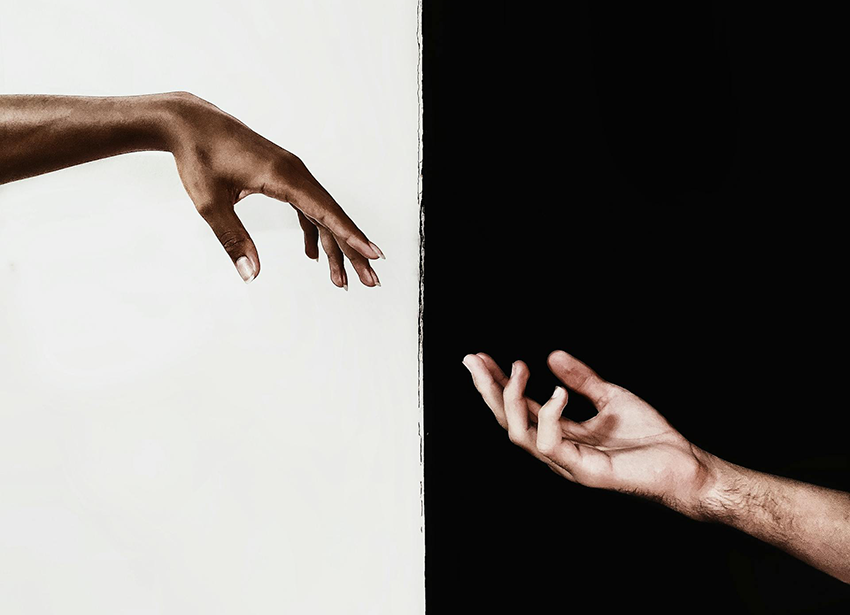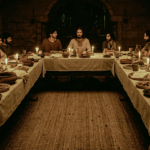It may be a morbid way to start a conversation, a depressing topic to talk about. In the Christian tradition there had been an intentional relationship between the believer with death and dying. As a minister in the Uniting Church, I have become aware that our church has been affected by our culture’s relationship to death. That is to say, let’s not talk about it, can we talk about something else instead – this topic is too morbid, too dark!
Death comes to us all, our Christian tradition was birthed in death, Jesus’ death. And yet, we avoid talking about death and dying at all costs. Whether we’ve just been diagnosed with an illness, or have reached a certain age, or… (fill this space with whatever may be relevant for you).
It is important to talk about death and dying, to speak to those we love, about what we want or don’t want to happen when we are facing our own death, or when we have passed away. It is important that we hear the wishes of those we love.
Over the years I have sat with individuals, couples, families in hospitals, homes, aged care residences – when there has been an impending death. All too often, with individuals and families not wanting to talk about death and dying. Possibly, in the hope that not talking about death and dying, will delay the inevitable, or perhaps the fear that talking about death may lead to letting go of the hope we are holding on to, for a better resolution. As a part of our attempting to negotiate with the inevitable.
If we are living with an illness, a prognosis which frightens us, we need hope. Hope is important, to live with hope, to hope for a positive resolution, hope for good news, clear results, and so on – we need to cling to hope. However, not talking about death and dying, is not about living with hope, it is about denial, it is avoidance. It is also a missed opportunity for relationships to be healed, memories shared, fears faced together and whilst painful, an important part of the journey of grief, allowing the grief to begin.
As people of faith, we need to be able to talk about death, to discuss dying and what we personally want or don’t want, when the time comes. Whether we want to, or do not want to be organ donors; to resuscitate or not resuscitate? Conversations that will make it easier for our loved ones, if the time comes and a decision needs to be made. Conversations, which allow ourselves and our loved ones to prepare for the impending death of those we love. To enable us to say our goodbyes, to remind those we are leaving behind that we love them – and if need be, to let go of past hurts that have divided us and seek healing as a parting gift.
We need to talk about dying, is the hope that we can practice as Christians, both living a good life and dying a good death. It is about engaging with the inevitable. Discussing our fears, our hopes, our desires, our wishes. That the Christian life is a life of honest living, rather than pretence, that all is okay, that we are okay, that all will be okay. Is to fail to engage with suffering, illness and death which will catch up with us all.
More importantly, it is to ignore an opportunity to walk with people that we love in an intentional way as they prepare to die, or as we prepare to die, this is a privileged and sacred experience.
We need to talk about death and dying.
Rev. Lorenzo Rodriguez Torres is the Minister at Balmain Uniting Church













